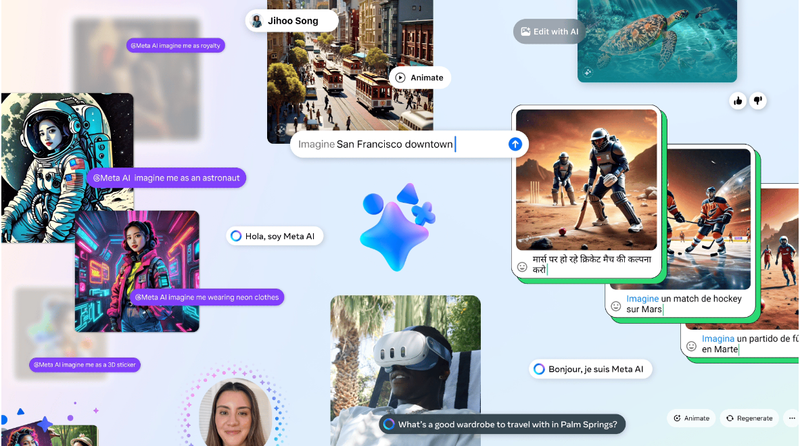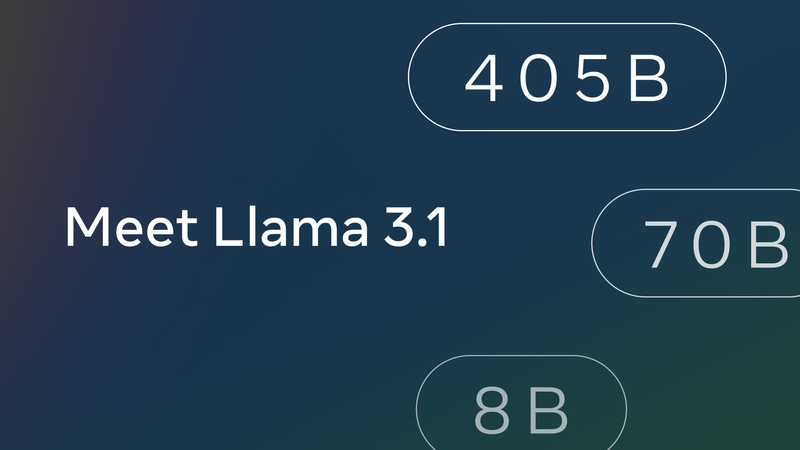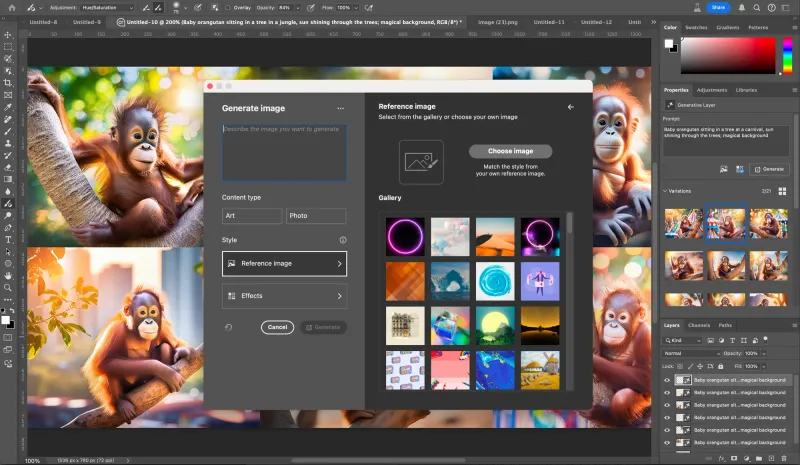This Week in AI: May 16–20
OpenAI scores yet another data licensing deal; highlights from Google's I/O 2024; Claude 3 is finally available in Europe; Sony Music Group has opted out of all present and future unauthorized data mining attempts; Researchers are helping AI master sarcasm; and more.
Our recap for this week begins with a seemingly negligible fact: this is the third consecutive time we've included an OpenAI partnership with a data provider in our weekly headline selection. This time, it was Reddit's turn, with both companies sharing their excitement and big plans for the future. Expectedly, OpenAI will be able to leverage the Reddit Data API for training purposes and to integrate relevant Reddit data into its offerings, including ChatGPT. Reddit on the other hand, will be able to leverage OpenAI's model platform and work closely with the company to ensure the best possible performance for its future AI-powered tools.
The Reddit collaboration has virtually the same structure as the one with Stack Overflow, announced just last week. One can't help but wonder if data-hungry OpenAI has struck a winning formula with these partnerships: models in exchange for data. The plan is so simple it's genius, but it is also slightly off-putting: is OpenAI monopolizing the internet? The pattern does invite thoughts of a future where every possible source of data licensing is perhaps not monopolized but certainly exploited by OpenAI in exchange for model access. Better AI experiences are not a bad thing per se, but then again, it seems like one of the things they will help optimize is the production of even more data, which could conveniently go back to OpenAI as per its juicy data licensing agreements.
Its partnership with Reddit aside, the company did have a big week, as it introduced its multimodal GPT-4o (the 'o' is for omni) model, which will power ChatGPT experiences for all users, with different limits set for each tier. Team and Enterprise users will have the most flexible limits, followed by Plus users, whose limits are higher than those for free users. The company also announced several improvements, including the availability of the ChatGPT interface in over 50 languages, upcoming desktop apps, a revamped Voice Mode, and new tools for data analytics.
Another trend that has gone on for over a week now is the focus on developing out-of-the-box and SaaS enterprise solutions. Artisan AI celebrated its latest funding round by sharing some of its progress while developing its AI-powered autonomous workers; Leya raised $10.5M for its legal work-transforming AI-powered assistant; and Malted AI raised £6M in seed funding for its knowledge distillation platform.
Anthropic and Google did not make any enterprise-specific announcements. However, they made waves after Anthropic updated its Usage Policy ahead of its major European launch; and Google took the opportunity to share its progress in infusing everything with generative AI at this year's I/O conference. Additionally,
WEKA reached unicorn status after raising its Series E at a $1.6B valuation: WekaIO (WEKA) has reached unicorn status after it closed an oversubscribed two-part $140 million Series E led by Valor Equity Partners, an existing investor, and supported solely by other returning investors. The Series E brought WEKA's post-money valuation to $1.6 billion.
Silo AI has released Viking, a family of models for all Nordic languages: Silo AI has released Viking, a family of open-source LLMs optimized for Danish, Finnish, Norwegian, Icelandic, and Swedish languages without compromising English language and coding performance.
Pythagora AI raised $4 million in seed funding for its app-building dev tool: Pythagora AI's successful funding round will help accelerate the research and development of its AI-powered software development tool which can assist developers by building apps from scratch from ordinary language conversations.
Sony Music Group is opting out of all unauthorized data mining attempts: Sony Music Group has prohibited unauthorized use of its content for training or developing AI systems. While SMG supports the responsible artist-led use of AI as a creative tool, the company is committed to safeguarding human artistry and intellectual property rights in the age of AI.
Voxel51 secured $30M to contribute to realizing visual AI: Voxel51, the company behind the open-source computer vision tool FiftyOne, has raised $30 million to accelerate its mission of making visual AI a reality. The funding will let Voxel51 scale its team, invest in its open-source community, drive its research, and enhance its products.
Ampere is collaborating with Qualcomm on an Arm-based AI server: Ampere and Qualcomm have partnered to offer a powerful AI inferencing server solution that combines Ampere's efficient Arm-based CPUs with Qualcomm's Cloud AI 100 Ultra AI chips, delivering a best-of-breed platform for running large AI models at scale while maximizing performance and efficiency.
Snowflake deepens its Metaplane partnership with an investment: Snowflake has invested in Metaplane, the leading data observability platform, strengthening their premier partnership and ensuring data quality remains a critical focus as Snowflake expands its Data Cloud capabilities for enabling AI applications across the enterprise.
LanceDB secured $11M to build a database for the era of AI: LanceDB is working on a database built with the open-source Lance columnar database format that can handle the demands of multimodal data type storage and retrieval. The company, which already boasts some industry-leading customers, secured $11 million in funding to accelerate product development.
Mastering sarcasm is AI's latest frontier: Researchers at the University of Groningen have developed an AI system that accurately detects sarcasm in unlabeled sitcom scenes. The research team sees AI's mastery of sarcasm as a necessary step towards more natural communication with AI.





